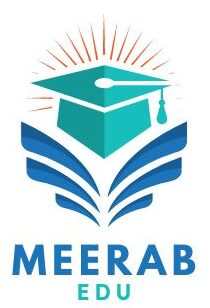special education department
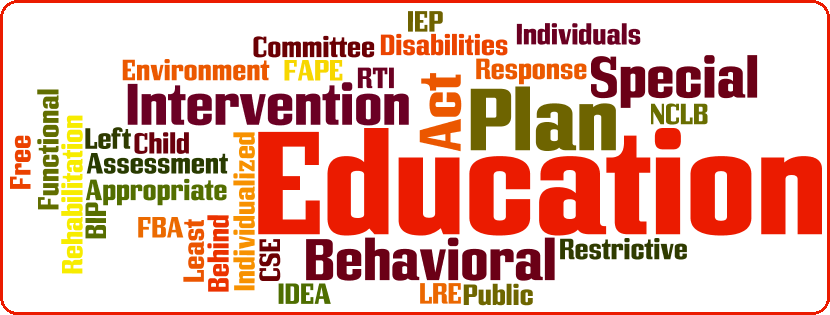 Welcome to our blog post on the fascinating world of special education departments! If you’re curious about how these crucial departments operate and the incredible impact they have on students’ lives, you’ve come to the right place. Special education is an integral part of ensuring that every student, regardless of their unique needs or challenges, receives a quality education tailored to their individual requirements.
Welcome to our blog post on the fascinating world of special education departments! If you’re curious about how these crucial departments operate and the incredible impact they have on students’ lives, you’ve come to the right place. Special education is an integral part of ensuring that every student, regardless of their unique needs or challenges, receives a quality education tailored to their individual requirements.
In this article, we’ll delve into the importance of special education departments within educational institutions. We’ll explore the roles and responsibilities they undertake, discuss some of the challenges faced in this field, and shed light on the strategies and programs implemented by these dedicated professionals. So grab a cup of coffee and get ready to dive into this enlightening discussion!
Whether you’re a parent seeking insight into your child’s educational journey or an educator passionate about inclusivity in schools, understanding how special education operates can greatly benefit everyone involved. Let’s embark on this enlightening exploration together as we uncover inspiring success stories along with thought-provoking controversies surrounding special education.
So join us as we venture deep into the realm of special education departments – where compassion meets academic excellence – for an eye-opening glimpse into a vital aspect of our educational system that positively impacts countless lives day after day.
Understanding Special Education
Understanding Special Education
Special education is a specialized branch of education that caters to the unique needs of students with disabilities or exceptionalities. It aims to provide these students with the necessary support and resources to help them succeed academically, socially, and emotionally.
In special education, individualized learning plans are developed for each student based on their specific strengths, weaknesses, and learning styles. These plans outline the strategies, accommodations, and modifications required to ensure that students can access the curriculum effectively.
One key aspect of special education is inclusion – the practice of integrating students with disabilities into general education classrooms whenever possible. Inclusion promotes a sense of belonging among all students and fosters understanding and acceptance within the school community.
Another crucial element in understanding special education is recognizing that disabilities come in many forms. It’s not just about physical impairments; it also encompasses intellectual disabilities, learning disorders like dyslexia or ADHD, speech and language impairments, autism spectrum disorder (ASD), sensory processing disorders, and more.
Special educators play an essential role in this field by providing specialized instruction tailored to meet each student’s unique needs. They collaborate closely with parents/guardians as well as other professionals such as speech therapists or occupational therapists to create a comprehensive support system for the student.
By embracing diverse teaching approaches and employing various instructional techniques such as multisensory learning or assistive technology tools like text-to-speech software or visual aids, special educators strive to make learning accessible for every student they serve.
The ultimate goal of special education is not only academic achievement but also fostering independence skills that prepare individuals for life beyond school. This includes developing social skills, self-advocacy abilities,and promoting positive mental health for students with disabilities.
In conclusion
Understanding special education goes beyond acknowledging its existence; it requires empathy towards those who face unique challenges daily. By recognizing their potential rather than focusing solely on their limitations,special education helps pave the way for students with disabilities to reach their full potential and lead fulfilling lives.
The Importance of a Special Education Department
The Importance of a Special Education Department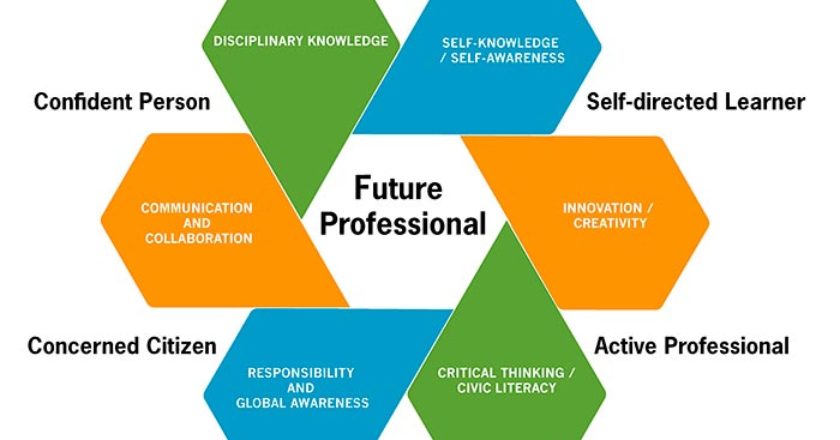
A special education department plays a vital role in ensuring that students with disabilities receive the support and resources they need to thrive academically, socially, and emotionally. This department is responsible for identifying and assessing students who may require specialized services, developing individualized education plans (IEPs), and working closely with teachers and parents to implement these plans effectively.
One of the key reasons why a special education department is so important is because it ensures equal access to education for all students. By providing tailored interventions and accommodations, this department helps level the playing field for students with disabilities, allowing them to participate fully in the educational experience alongside their peers.
Moreover, the presence of a dedicated special education department can greatly enhance school culture by fostering inclusivity and empathy among students. It sends a powerful message that every student matters and deserves an equitable chance at success. This not only benefits students with disabilities but also creates an environment where all learners feel valued and supported.
Additionally, having a specialized team within the education system allows for expertise in addressing various challenges faced by students with disabilities. These professionals are equipped with knowledge about different learning styles, teaching strategies, assistive technologies, behavior management techniques, and more. Their expertise enables them to provide targeted support that aligns with each student’s unique strengths and needs.
Furthermore, an effective special education department collaborates closely with general educators to ensure seamless integration of services into mainstream classrooms. By sharing best practices, collaborating on lesson planning modifications or adaptations for individual learners’ needs,, they create an inclusive learning environment where all children can succeed together.
Overall,special eduation departments play an integral role in promoting educational equity,equality,and inclusion.
They serve as advocates,collaborators,and experts who work tirelessly towards creating optimal learning environmentswhere every student has access totailored supportsand opportunities.
Their impact extends far beyond academic achievements;it touches livesby nurturing self-confidence,resilience,and a sense of belonging. By prioritizing the needs of students with disabilities, special
Roles and Responsibilities of the Department
Roles and Responsibilities of the Department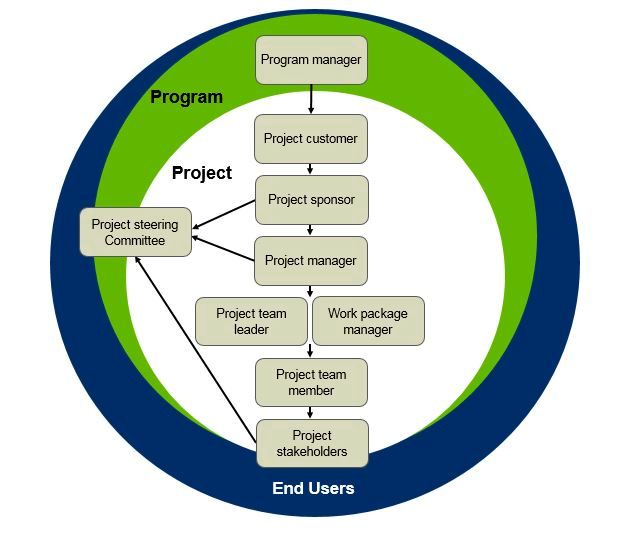
Within a special education department, there are various roles and responsibilities that contribute to the overall success of students with special needs. One key role is that of the special education teacher who works closely with students, providing individualized instruction and support based on their unique learning requirements.
These teachers collaborate with other members of the department, such as educational psychologists and speech therapists, to assess students’ needs and develop appropriate strategies for their academic progress. The department also plays a crucial role in identifying students who may require additional support through early intervention programs or specialized services.
Furthermore, the department liaises with regular education teachers to ensure inclusive practices are implemented in mainstream classrooms. This involves providing training and resources to help educators effectively accommodate diverse learners within their classrooms.
Moreover, administrative staff within the special education department handle important paperwork associated with Individual Education Plans (IEPs) for each student. They maintain accurate records of assessments and progress reports while ensuring compliance with legal regulations pertaining to special education.
In addition to direct student support, another responsibility lies in collaborating with parents/guardians. The department facilitates open lines of communication by conducting regular parent-teacher meetings or conferences where they discuss goals, progress updates, and any concerns regarding their child’s development.
It is evident that the roles within a special education department encompass various aspects aimed at meeting the unique needs of students requiring additional support. Through collaboration among different professionals involved in this field – from teachers to administrators – these departments ensure an inclusive environment where every learner has an equal opportunity for growth and success.
Challenges Faced in Special Education
Challenges Faced in Special Education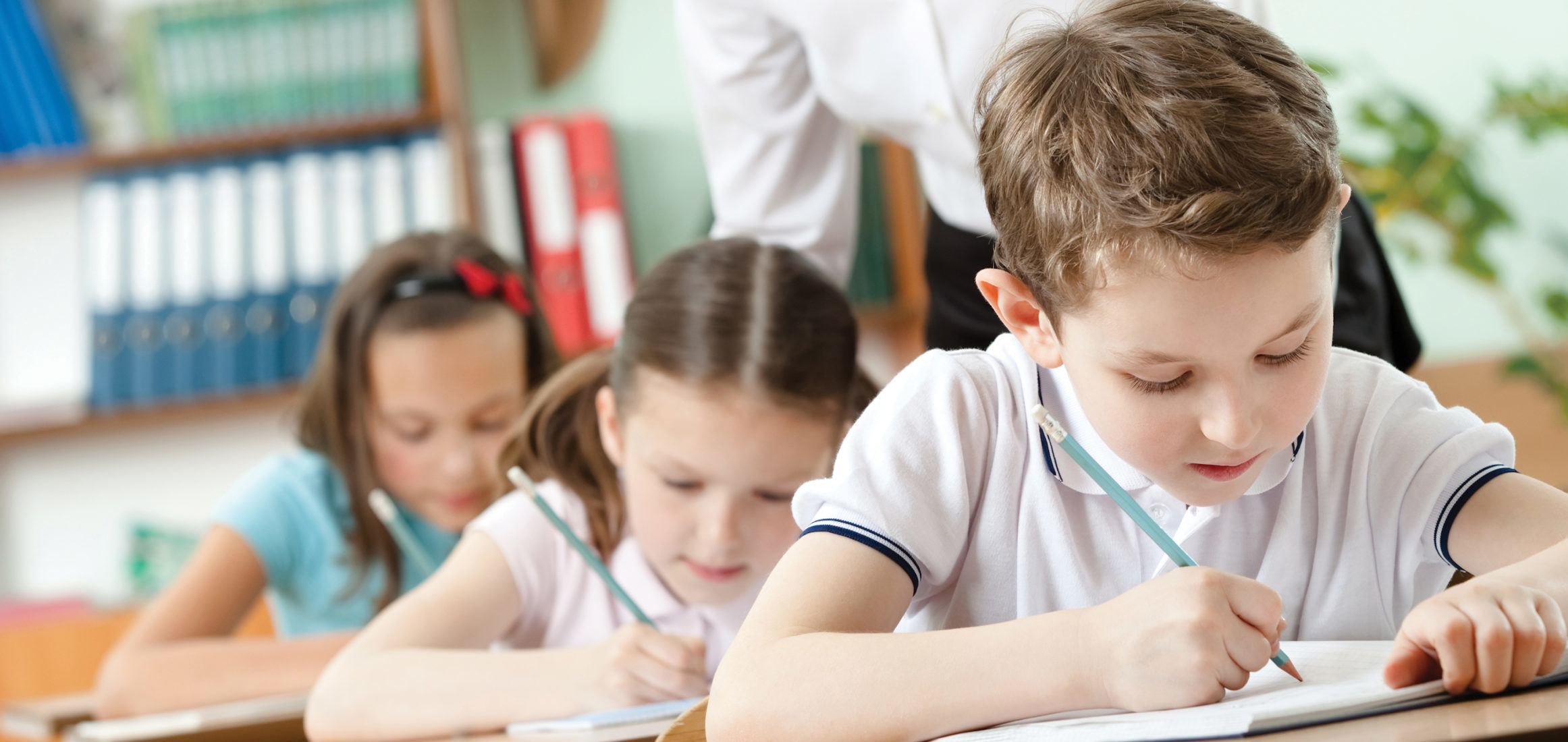
The field of special education is not without its fair share of challenges. Educating students with disabilities requires a unique set of skills, resources, and strategies that can sometimes be difficult to implement effectively.
One major challenge faced by special education departments is the lack of funding and resources. Providing individualized support for each student’s needs can be costly, and budget constraints often limit the availability of specialized materials, technology, and personnel.
Additionally, finding qualified teachers who are trained in special education can be another hurdle. It takes a compassionate and dedicated educator to work with students who have diverse learning needs. However, there is often a shortage of teachers certified in special education.
Another challenge lies in creating inclusive environments within mainstream schools. While the goal is to integrate students with disabilities into regular classrooms whenever possible, this can present difficulties for both students and teachers who may require additional support or accommodations.
Communication between parents/guardians and educators also poses a challenge at times. Establishing effective lines of communication helps ensure that everyone involved understands the goals and progress being made towards meeting the student’s individualized education plan (IEP).
Staying up-to-date with ever-changing laws and regulations surrounding special education can be challenging for school districts. Compliance requirements are constantly evolving which puts pressure on departments to adapt their practices accordingly.
Despite these challenges though, dedicated professionals working within Special Education Departments continue to strive towards providing quality educational experiences for all students regardless of their abilities or disabilities
Strategies and Programs Implemented by the Department
Strategies and Programs Implemented by the Department
The Special Education Department is dedicated to providing effective strategies and programs to meet the unique needs of students with disabilities. They understand that every child is different, and their approach reflects this understanding.
One of the key strategies implemented by the department is individualized education plans (IEPs). These plans are developed collaboratively between educators, parents, and specialists to address each student’s specific goals and challenges. By tailoring instruction to meet their needs, students can thrive academically and socially.
In addition to IEPs, the department implements a variety of evidence-based instructional practices. This may include differentiated instruction, which allows teachers to modify lessons based on a student’s abilities or learning style. Assistive technology is another valuable tool used in special education classrooms, helping students access information more easily.
Collaboration plays a crucial role in these programs’ success. The department works closely with general education teachers to ensure inclusive practices are integrated into all aspects of schooling. This collaboration promotes acceptance and understanding among peers while creating an environment that supports all learners.
Furthermore, the Special Education Department recognizes the importance of ongoing professional development for its staff members. Training sessions focus on best practices for teaching students with disabilities as well as staying abreast of new research and interventions.
By implementing these strategies and programs effectively, the Special Education Department strives to empower students with disabilities so they can reach their full potential both inside and outside of school settings. Through personalized support systems tailored specifically for them, these individuals have greater opportunities for success in academics, employment prospects, social relationships – ultimately leading fulfilling lives
Collaboration with Parents and Guardians
Collaboration with Parents and Guardians
The collaboration between special education departments and parents or guardians plays a crucial role in ensuring the success of students with special needs. It is essential to establish open lines of communication, mutual trust, and shared goals to create a supportive environment for these students.
Parents are valuable partners in their child’s education journey. They possess unique insights into their child’s abilities, strengths, weaknesses, and preferences. By actively involving them in decision-making processes regarding their child’s education, educators can gain valuable perspectives that can lead to more effective strategies for supporting the student.
Regular communication between parents/guardians and special education staff is key. This can happen through meetings, emails, phone calls or even through technology platforms designed specifically for this purpose. Sharing updates on progress or challenges faced by the student allows both parties to work together towards a common goal.
In addition to regular communication, parent-teacher conferences provide an opportunity for detailed discussions about the student’s individualized education plan (IEP). These meetings allow parents/guardians to ask questions about their child’s progress and receive feedback from teachers regarding academic performance as well as social-emotional development.
Another important aspect of collaboration is providing resources and support for parents/guardians so they can better understand their child’s needs outside of school hours. Workshops or training sessions that focus on topics such as behavior management techniques or instructional strategies tailored to specific disabilities can empower parents/guardians with skills they need at home.
By actively collaborating with parents/guardians throughout a student’s educational journey–from assessment and planning stages through implementation–special education departments enhance the overall effectiveness of teaching strategies while fostering positive relationships among all involved parties.
Impact on Students’ Lives
Impact on Students’ Lives
The impact of a special education department on students’ lives cannot be overstated. For many children with disabilities, this department is their lifeline to receiving the support and resources they need to thrive academically, socially, and emotionally.
One of the key ways in which the special education department makes a positive impact is by providing individualized support and accommodations for students. This can range from simple modifications in the classroom to specialized instruction tailored to each student’s unique needs. By addressing these specific challenges head-on, students are given the opportunity to reach their full potential.
In addition, the special education department plays a crucial role in fostering a sense of inclusion and belonging for all students. By promoting understanding and acceptance of differences, it helps create an environment where every student feels valued and supported.
Moreover, the skills and strategies that students learn through their involvement with the special education department extend beyond just academic success. They develop resilience, perseverance, self-advocacy skills, and confidence – qualities that will serve them well throughout their lives.
Furthermore, access to appropriate educational programs through the special education department can open doors for future opportunities for these students. It helps prepare them for higher education or vocational training so they can pursue meaningful careers later on.
Overallllylllyyyl,yhghb yhh gggbbbbvnnn
Success Stories and Case Studies
Success Stories and Case Studies
In the world of special education, success stories and case studies serve as powerful reminders of the positive impact that a well-functioning special education department can have on students’ lives. These stories highlight the dedication, hard work, and commitment of educators who go above and beyond to meet the unique needs of their students.
One such success story involves a young boy named Jake. Diagnosed with autism at an early age, Jake struggled with communication skills and social interactions. However, under the guidance of his dedicated special education teacher, he made remarkable progress. Through personalized interventions tailored to his specific needs, Jake gradually developed better communication abilities and began to form meaningful connections with his peers.
Another inspiring case study involves Sarah, a high school student with learning disabilities. With support from her special education team, she discovered effective strategies for organization and time management that allowed her to excel academically. This newfound success not only boosted Sarah’s self-esteem but also opened doors for her future educational pursuits.
These success stories demonstrate how collaboration between teachers, parents/guardians, and other professionals within the special education department can lead to transformative outcomes for students like Jake and Sarah.
By implementing individualized educational plans (IEPs), providing specialized instruction through small-group settings or one-on-one sessions,and utilizing assistive technologies when necessary,the special education department is able to address each student’s unique strengths and challenges effectively.
It is important to note that these successes do not come without challenges along the way.
The journey towards achieving milestones in special education often requires patience,determination,and innovative approaches.
Trained professionals in this field continuously strive toward improving teaching methodologies through ongoing research,personal development opportunities,and collaboration with experts in related fields.
This ensures that they are equipped with up-to-date knowledge,supporting them in making informed decisions about instructional practices tailored specifically for each child’s needs.
As society continues to evolve,the role of technology becomes increasingly prominent in delivering special education services. The use of assistive technologies such as text-to-speech
Controversies Surrounding Special Education
Controversies Surrounding Special Education
In the realm of special education, there are bound to be controversies and debates surrounding various aspects of this field. One contentious issue is the inclusion versus segregation debate. Some argue that students with disabilities should be fully included in general education classrooms, while others believe that separate special education settings provide more individualized support.
Another hot topic is the use of standardized testing for students with disabilities. Critics argue that these tests do not accurately measure their abilities and can lead to unfair comparisons. On the other hand, proponents argue that standardized testing ensures accountability and helps identify areas where additional resources may be needed.
The funding allocation for special education programs also sparks controversy. Many advocates claim that insufficient funding leads to a lack of resources and supports for students with disabilities. They argue for increased funding to ensure equal opportunities for all learners.
Moreover, there are concerns regarding disciplinary practices within special education departments. Critics say that some disciplinary actions disproportionately affect students with disabilities, leading to negative outcomes such as higher suspension rates or behavioral issues.
Additionally, the identification process itself has been subject to criticism. Some individuals question whether certain groups or communities are overrepresented in special education programs due to bias or systemic factors.
It’s important to acknowledge these controversies and engage in productive discussions aimed at improving our understanding and implementation of special education policies and practices
Future of Special Education Departments
Future of Special Education Departments
As we look towards the future, it is clear that special education departments will play a crucial role in shaping the educational landscape. With an increasing awareness and understanding of diverse learning needs, these departments are poised to make significant advancements.
One key aspect of the future of special education departments lies in technology integration. As technology continues to evolve at a rapid pace, there are endless possibilities for how it can be harnessed to support students with special needs. From assistive devices and software applications to virtual reality tools, these innovations have the potential to revolutionize the way educators engage and empower their students.
Additionally, collaboration between general education and special education departments will continue to strengthen in the coming years. By working together and sharing resources, expertise, and strategies, educators can provide more inclusive learning environments for all students. This collaborative approach ensures that every student receives the support they need while promoting a sense of belonging within the school community.
Another area of focus for future special education departments is individualized instruction. Recognizing that no two learners are alike, personalized learning plans tailored to each student’s unique strengths and challenges will become increasingly prevalent. These plans allow educators to target specific skills or areas where extra support is needed while fostering independence and self-advocacy among students.
Furthermore, as society becomes more aware of neurodiversity – embracing differences in neurological functioning – special education departments must adapt accordingly. Cultural competency training for teachers and administrators will become imperative as they seek ways to address diverse needs effectively while fostering inclusivity and acceptance.
Lastly but importantly,the recruitment and retention of qualified professionals within special education remains a priority moving forward.
The demand for skilled individuals who specialize in supporting students with disabilities continues to grow,and efforts should be made not only attract new talent into this field,but also ensure ongoing professional development opportunities exist so educators can stay abreast on best practices latest research findings .
The future holds great promise for our specialized education, as we continue to strive for equal opportunities and inclusive education for all students
Conclusion
The Special Education Department plays a crucial role in providing inclusive and tailored education to students with special needs. Their dedication and expertise make it possible for these students to thrive academically, socially, and emotionally.
Throughout this article, we have explored the importance of a Special Education Department in schools. We have discussed their roles and responsibilities, the challenges they face, as well as the strategies and programs they implement. Additionally, we highlighted the significance of collaboration between the department and parents or guardians in ensuring that each student receives appropriate support.
The impact of a strong Special Education Department cannot be overstated. Countless success stories and case studies demonstrate how these departments have transformed lives by empowering students with special needs to reach their full potential.
However, it is important to acknowledge that controversies can sometimes arise within special education. These controversies often stem from debates about funding allocation or differing opinions on educational approaches. It is essential for stakeholders to engage in open dialogue to address these issues effectively while keeping the best interests of students at heart.
Looking ahead, the future of Special Education Departments holds great promise. As our understanding of diverse learning needs continues to evolve, so too will our methods and practices within special education. With ongoing research and advancements in technology, educators will be better equipped than ever before to provide customized support for every student.
In essence, a well-functioning Special Education Department is an integral part of any educational institution’s commitment to inclusivity and equal opportunities for all learners. By prioritizing individualized instruction plans, fostering collaboration among stakeholders, celebrating successes both big and small – we can create an environment where every student can thrive.
So let us continue working together towards building stronger bridges between general education classrooms and specialized services – because when we invest in special education departments today; we are investing not just in brighter futures but also creating a more equitable society tomorrow!
